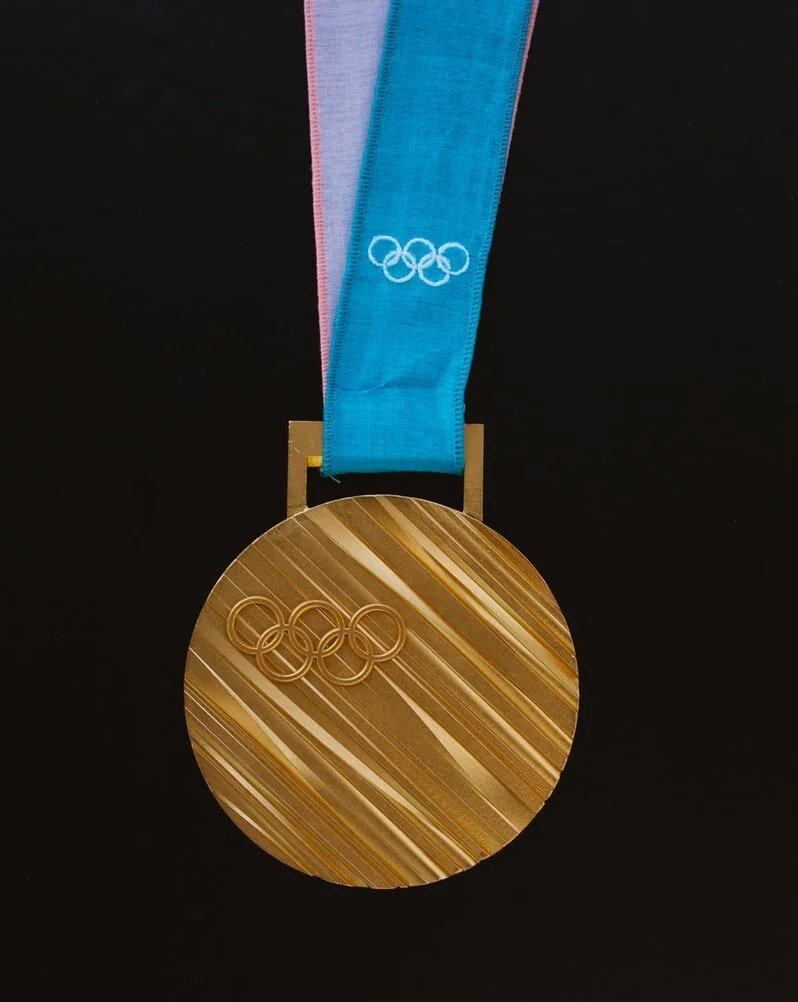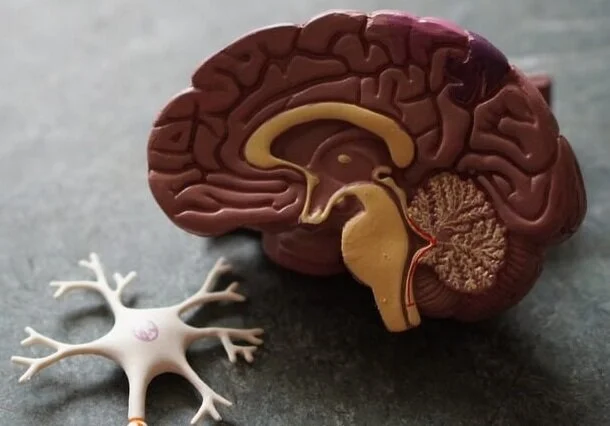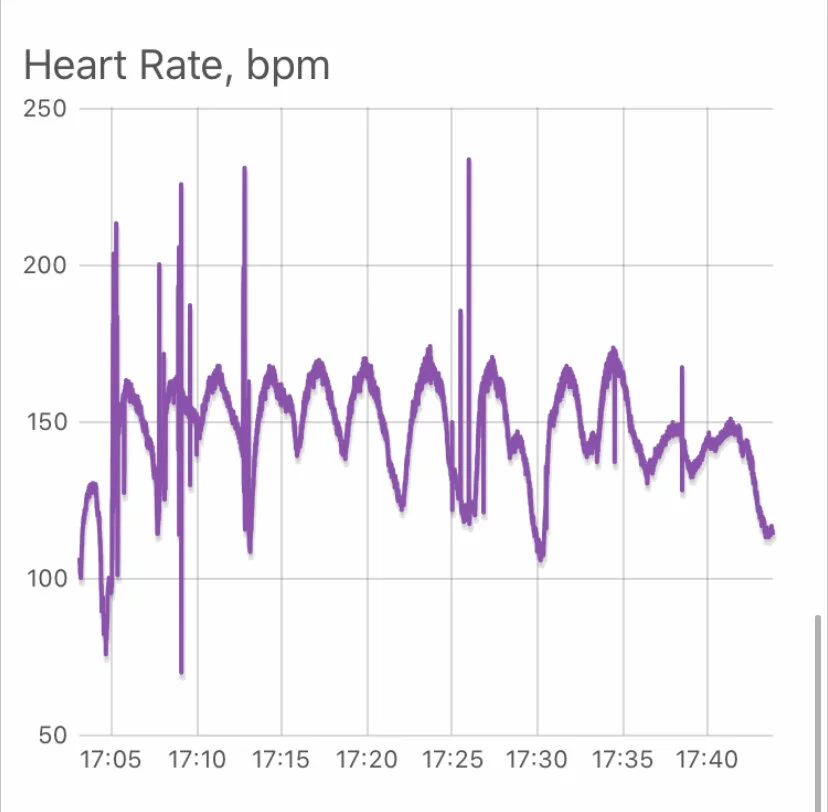Do They Have Ice in Their Veins, or is it Gratitude ?
Imagine subtitles at the bottom of the TV, transcribing Tom Brady’s inner monologue as he drives down the field in the final moments of the Super Bowl. What would his self-talk reveal about his ability to do what no one else can? How is it that of the 22 athletes on the field, the most unassuming and arguably the least raw athletic of them seems to have the greatest impact? Someday, science and technology might give us this type of crystal-clear look at the mental landscapes of elite performers but for now, the best way to understand their mindsets is to observe the way they talk about their experiences.
Gratitude is a common theme in the language of elite performers. In Helen Maroulis’s interview after winning the gold medal at the 2016 Olympic Games she says,
“I am really thankful that my life is a journey through the sport of wrestling, since that is what I love to do.”
Gratitude Helps Us Maneuver the Pressure of Big Moments and Rebound From Loss:
Kyle Snyder faced the best wrestler in the world — Abdulrashid Sadulaev (RUS), in the finals of the 2017 World Championships. Both Snyder and Sadulaev were returning Olympic champions, and each was ranked as a top five pound-for-pound wrestler across all weight classes. To add to the hype, the match was also the deciding factor in the team race between the United States and Russia. In his interview, after beating Sadulaev and securing the team title for the U.S. — a feat that hadn’t been reached in over 20 years, Snyder’s mindset of gratitude came out:
“This was the match I was least nervous for… I was so excited, so thankful for this challenge and opportunity.”
Gratitude can help transform anxious energy into positive excitement. It helps us compete to win, rather than compete to not lose.
But of course it’s easy to be grateful when you just won a world title right? Well, just one year after beating Sadulaev in 2017, the wrestling world was given the gift of another World Finals super-match between the two legends. This time Sadulaev pinned Snyder in the first period. Soon after his loss Snyder was interviewed and said,
“I’m thankful for everything, I’m thankful for the gifts I have, and the opportunity to compete.”
Snyder is an inspiring example of not letting the outcome of a match belittle the substantial efforts he’s made, or the many other blessings in his life. Prodded by reporters to focus on the negative outcome, he shows remarkable fortitude, refusing to stray from his mindset of gratitude and faith.
Jordan Burroughs is one of the world’s most decorated and respected wrestlers. But in 2016 he fell short of earning his second Olympic gold medal. In his interview with the Olympic Channel he talks about the devastation he suffered after his loss. For several months, he contemplated retirement. He knew that he was still physically capable of winning at the highest level but that something needed to change if he was going continue wrestling. In that time, Burroughs recognized the need to refine himself psychologically and spiritually. He says,
"I believe in releasing any pressure that's been heaped upon me and I try to just operate from a state of just thankfulness and gratitude."
As many of you know, Burroughs rebounded the following year by winning the 2017 World Title. In his post-match interview, he again acknowledges gratitude as an important piece of his performance:
“And that’s really all you can do, is just be thankful for the opportunity you have, take the skills that you possess, step on the line, shake hands and hope that they are enough.”
In David Taylor’s interview after winning his 2018 World title, he expresses the gratitude he has for the losses he suffered earlier in his career to guys like Jordan Burroughs, Kyle Dake, and Jaden Cox. He says it was these losses that forced him to grow into the world champ that he has become.
In victory and defeat, we hear the paradigms that shape these champion’s perspectives. Each of them is grateful for the opportunity rather than nervous or hesitant at the challenge, affording them the freedom to step into the moment and fully unleash their abilities.
Gratitude can change our associations with fear and pressure, but it doesn’t have to be the Olympic Finals. These experiences are relative to each of us. If our mental backdrop is colored by the fear of losing, the fear of what others will think, or the fear of letting someone down, our performance and growth will suffer.
Gratitude is Backed by Science:
For thousands of years spiritual leaders, sages, and philosophers have been teaching the power of gratitude. Today, neuroscience and scientific studies confirm the ancient advice. In her Huffington Post article, (my former) meditation teacher and founder of Ziva Meditation, Emily Fletcher describes the way gratitude can change the structure and neurochemistry of the brain:
“When we take the time to ask what we are grateful for, certain neural circuits are activated. Production of dopamine and serotonin increases, and these neurotransmitters then travel neural pathways to the "bliss" center of the brain — similar to the mechanisms of many antidepressants…
It gets better: The more you stimulate these neural pathways through practicing gratitude, the stronger and more automatic they become. On a scientific level, this is an example of Hebb's Law, which states “neurons that fire together wire together.””
Here are a few studies that I found particularly interesting and applicable, and my short descriptions of them:
Gratitude improves athletes’ self-esteem: This study found athletes who had more gratitude increased their self-esteem over time. Want to be more confident in big moments?
Gratitude protects against burnout: Researchers found gratitude can not only predicted the extent of burnout the participants encountered, but also personal accomplishment. Feeling burnt out in a long season?
Gratitude predicted greater sleep quality and duration: Trouble sleeping the night before competitions or exams?
Gratitude is a significant predictor of resilience in college students: Resilience is a synonym of toughness. It seems the toughest people may be the most grateful?
Gratitude helped promote positive outcomes in people with post-traumatic stress: This is one of several studies which show the therapeutic effects of gratitude on PTS. Thankfully, few of us have encountered something as traumatic as a school shooting or live combat. Yet many people carry their own negative memories for years, and their quality of life suffers because of it. Gratitude can help us return to positive outcomes, even after major life challenges.
Gratitude is a Virtue that can be Improved with Practice:
Of the gratitude expressed by elite performers, we do not know how much comes by way of deliberate practice, or some inborn tendency. Since gratitude is a virtue that can be cultivated through practice, it doesn’t much matter. Remember, neurons that fire together wire together. We can control it. We can create it. The famous Roman emperor and stoic philosopher Marcus Aurelius said,
“Your principles are living things. How else could they be deadened, except by the extinction of the corresponding mental images? And the constant rekindling of these is up to you.”
Longhand journaling is one of the best ways to engage with your gratitude practice. It can help you be more reflective and intentional in all aspects of your life, and it gives your future self memory-anchors to look back on.
You can reap the benefits of gratitude if you are willing to spend a little time and attention developing it each day. As a good place to start, I recommend writing down at least three things you are grateful for each morning. In the evening, reflecting back over your day and writing down three amazing things that happened is a nice addition to this morning practice. You can use a long-hand journal, or piece of scratch paper. The key is to consistently and intentionally ask yourself, what do I have to be grateful for?
Since the human brain is the most advanced recognition device on the planet, all we have to do is provide the right search request and, just like an internet search-engine, it will come back with all kinds of answers. Since your mind never really shuts off, you will begin to notice more gratitude throughout all parts of your day, not just in your morning practice.
If you want help turning gratitude into a habit, I strongly recommend The Five-Minute Journal. It provides structure by asking you to record three things you are grateful for each morning. It has a few other prompts which can help you be more intentional, and reflect over the positives in your day. Your journal will be something to look back on and enjoy in the years ahead. Your future self will be grateful for it.
“Reflect upon your present blessings, of which every man has plenty; not on your past misfortunes, of which all men have some.” Charles Dickens
Thanks for reading. If you are grateful for this post, please share.
- Joe Nord
Want to get notified of future posts? Sign up below! Don’t worry, we won’t flood your inbox with unnecessary or excessive emails.







